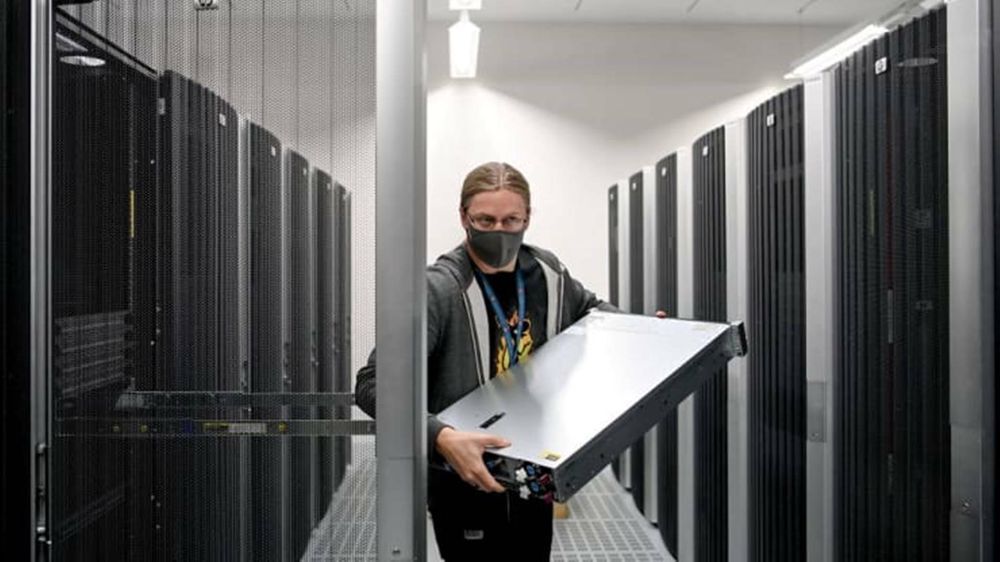Discussion post This is a discussion entry, written by an external contributor. The post expresses the views of the author.
In recent years, artificial intelligence has taken global agricultural initiatives by storm. Using AI, computers should be able to generate new seeds and varieties, improve input factors in agriculture, and make agriculture climate-smart. Even the United Nations has presented AI as a powerful tool for climate adaptation and transformative climate action.
It is true that there is potential to use AI for climate adaptation and emissions reduction in agriculture. At the same time, there is a need for a greater discussion about AI before we throw ourselves into optimistic technological solutions, without taking into account the impact this will have on agriculture. The uncritical use of AI could have fateful consequences for local food sovereignty and smallholder farmers.
In 2022, the UN High-Level Panel of Experts on Food Security and Nutrition (HLPE) published a report on the use of data collection tools, including artificial intelligence. They concluded that although technology such as artificial intelligence can contribute to food safety, these tools come with significant risks.
Read also
Refuses the use of integrated plant protection
For example, collecting data from everything from tractors to mobile phones could threaten farmers’ privacy. It’s unclear who will own this data, and what rights farmers will have to decide how it is used to further develop AI technology. The possibility of sovereignty over their agricultural policy is threatened if farmers cannot control what their personal data is used for.
Perhaps most worrying are the consequences that AI could have on smallholder farmers. The HLPE team points out that digital solutions for agriculture often come with high investment costs and can reinforce existing inequalities and digital divides among food producers.
Today's diet is already characterized by significant structural differences in strength. This is reinforced by the fact that the pursuit of profit remains central to the technological solutions proposed for agriculture. To ensure a just transition for smallholder farmers, climate finance must move towards comprehensive measures. We need to shift away from industrial agriculture and monocultures, to agriculture based on interaction with nature and agro-ecological principles.
This month, the image of AI as a climate solution for agriculture crept back into this year’s mediation negotiations at the UN Climate Summit. It was here that commitments and agreements were to be negotiated that will form the basis of the climate summit in November, where countries from around the world will come together to find solutions to the climate crisis.
Sustainable agriculture and food security were a major topic during interim negotiations this year. For the second year in a row, investment in artificial intelligence in agriculture has been proposed. Although civil society observers succeeded in removing the proposal from the final conclusion of the interim negotiations, the battle over artificial intelligence is increasingly appearing at climate summits.
Under the right conditions, and with solid rights and frameworks, technological solutions can be good aids to agriculture. But today, there are still too many ethical and political assessments about AI for it to serve as a tool for just climate adaptation.

Read also
A glimpse of Mecca Norsfin
In the mediated negotiations, it was agreed that global climate action must take a comprehensive approach to agriculture and food systems. The negotiations also concluded that special attention should be paid to indigenous peoples, women, smallholder farmers and youth. They are the people most affected by climate change, and they have access to much of the knowledge and solutions that agriculture needs to adapt to climate change. We need real and just climate action, not misguided technological optimism.

“Web specialist. Lifelong zombie maven. Coffee ninja. Hipster-friendly analyst.”




